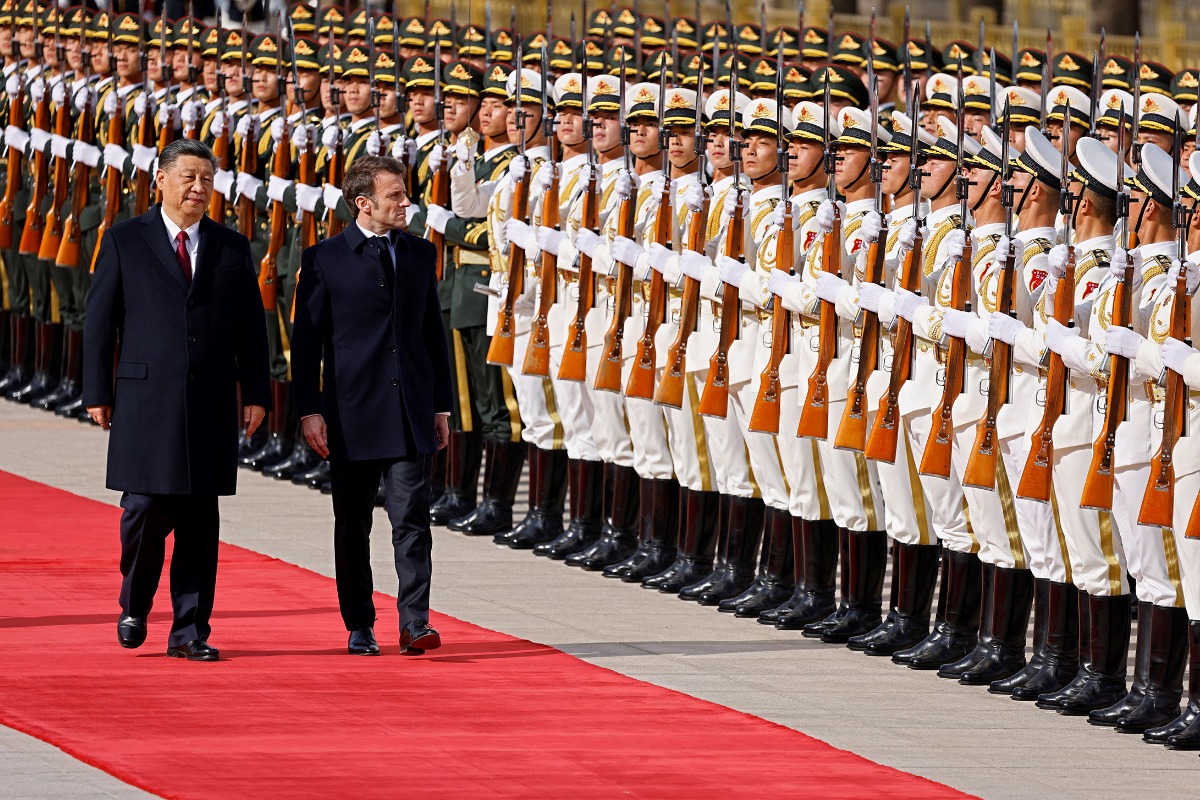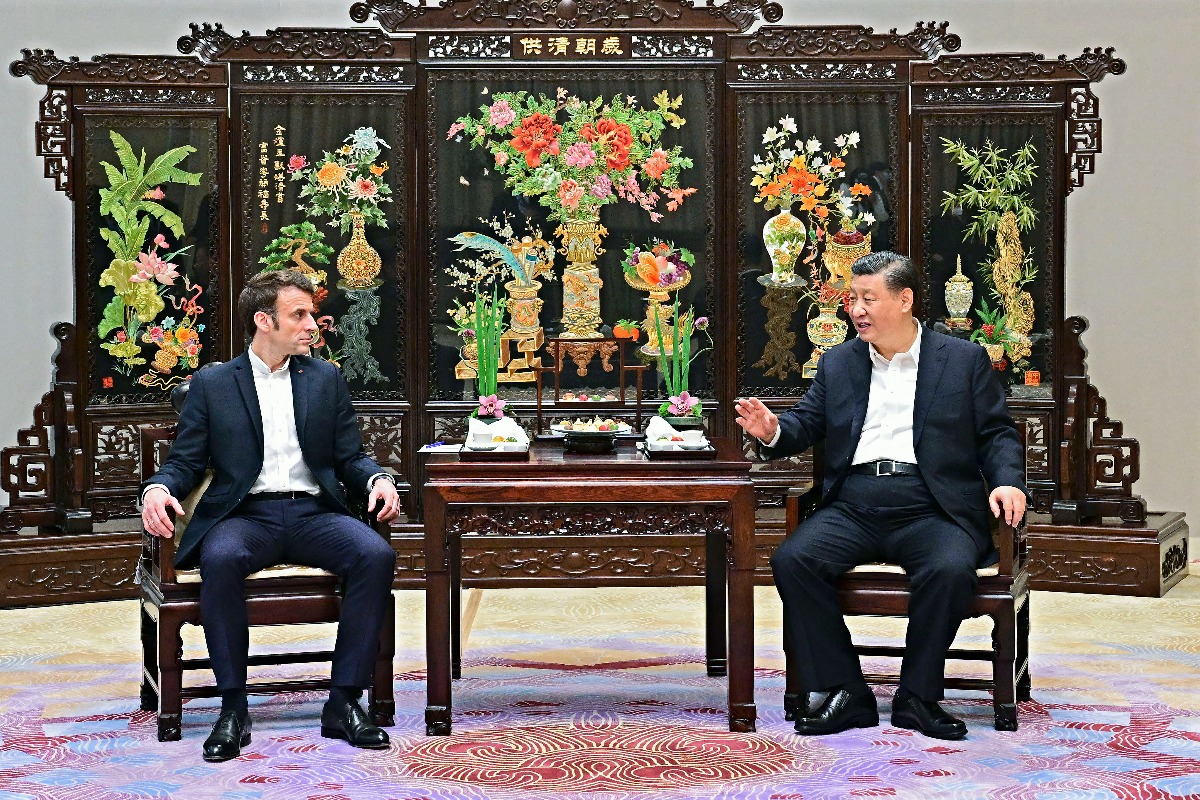And he was not left without a helping hand. In response to the outrage, European Council President Charles Michel emphasized that EU leaders are becoming increasingly favourable toward Macron's push for "strategic autonomy" from the U.S. Michel added that while some leaders still won't say it publicly, they think just like Macron.
What changed the game and made European politicians more outspoken was none other than the Russian-Ukrainian war. The conflict, which pushed Europe into severe economic difficulties, came as a rare opportunity for the United States to rein in the EU from its pursuit of strategic autonomy. The EU is more dependent on Washington than ever before – in terms of security and energy as well.
So it seems that some Europeans are going through a shift in mindset after realizing they are dealing with a friend profiting well from the war in Ukraine, and this friend, who is supposed to be an ally, is perhaps a little more selfish than necessary.
Evidence of this is that after Macron's visit, French companies are preparing to expand their business and trade ties in China – whether Americans like it or not.
The author is an editor of Eurasia Magazine


